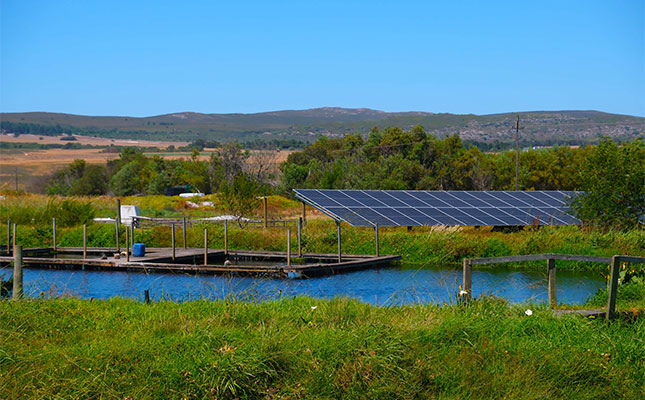According to an IPCC report, the figure is 40t of carbon dioxide per hectare per year, but the coalition argues that it’s nearer to 70t of carbon dioxide.
Oxfam, Wetlands International, Rainforest Action Network, and the Union of Concerned Scientists said d that palm oil grown on tropical peatlands caused far greater emissions than when grown on other land types. The coalition added that an estimated 2,15 million hectares of palm plantations were planted on peatlands in 2010 and this is expected to double over the subsequent decade.
“Getting peatland emission factors right is extremely significant,” said a coalition statement. “Under-estimating these emissions has real-world consequences for our climate, environment and public health. It would mean that the world’s biggest palm oil-growing countries, such as Malaysia and Indonesia, would be producing far greater carbon dioxide emissions than emission calculations based on this IPCC report would suggest.”
See also: Palmiet wetland conservation
The coalition added that the IPCC figures could then be used to skew EU and US policies on renewable energy and at the Roundtable on Sustainable Palm Oil, allowing supposedly ‘clean’ biofuels to produce more carbon pollution than traditional fossil fuels.
“This decision frustrates efforts to stop the expansion of large-scale unsustainable plantations on tropical peatlands, which pose a major threat to our climate and to the livelihoods of local farmers,” said Oxfam’s, Derk Byvanck.
“A transparent, evidence-based decision by IPCC is urgently needed to support wise and fair governance over land use changes for large plantations in developing countries.”
The coalition said that it was calling on the IPCC to reconsider its decision.
Peatlands are areas consisting of partially decayed vegetation that has accrued over millennia in wetland areas. Peat is widely considered a non-renewable fuel as it is often harvested as an energy source. If disturbed or burnt, peat reportedly has a higher carbon dioxide emission intensity than coal and natural gas.
Palm oil is an edible vegetable oil that can also be used in the production of biodiesel.
Get trusted farming news from Farmers Weekly in Google Top Stories.
➕ Add Farmers Weekly to Google ✔ Takes 10 seconds · ✔ Remove anytime









